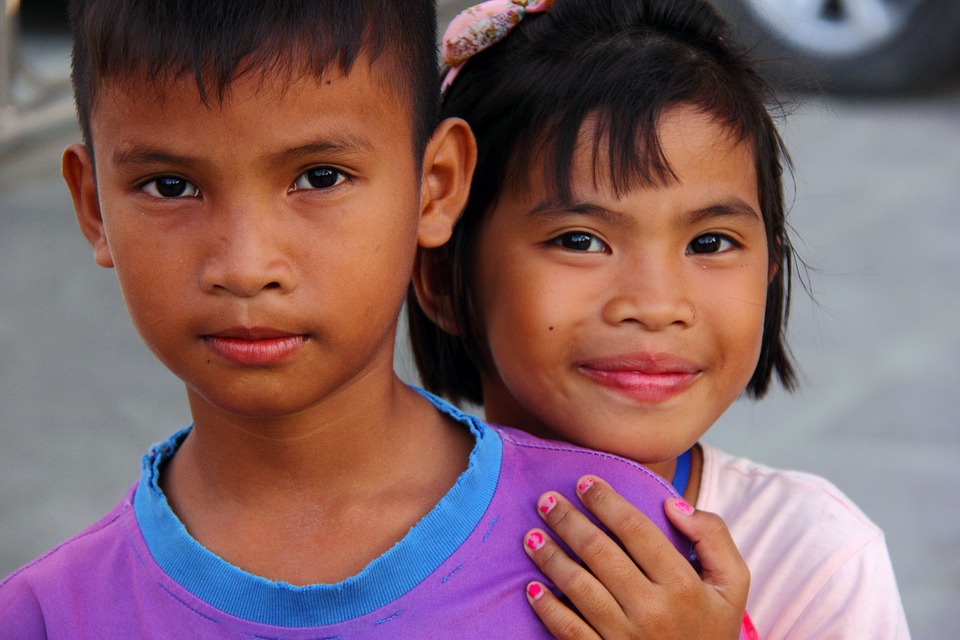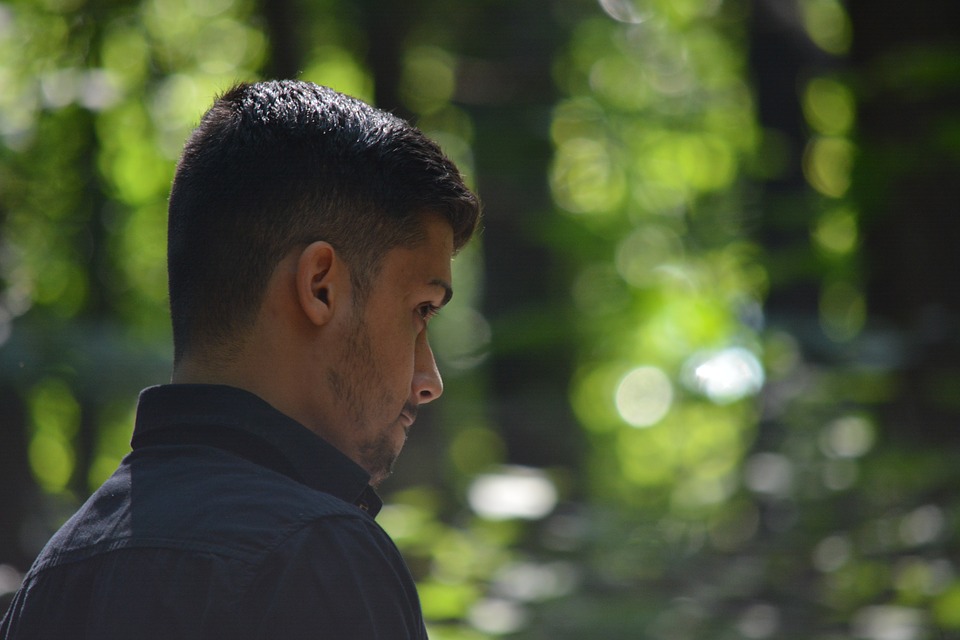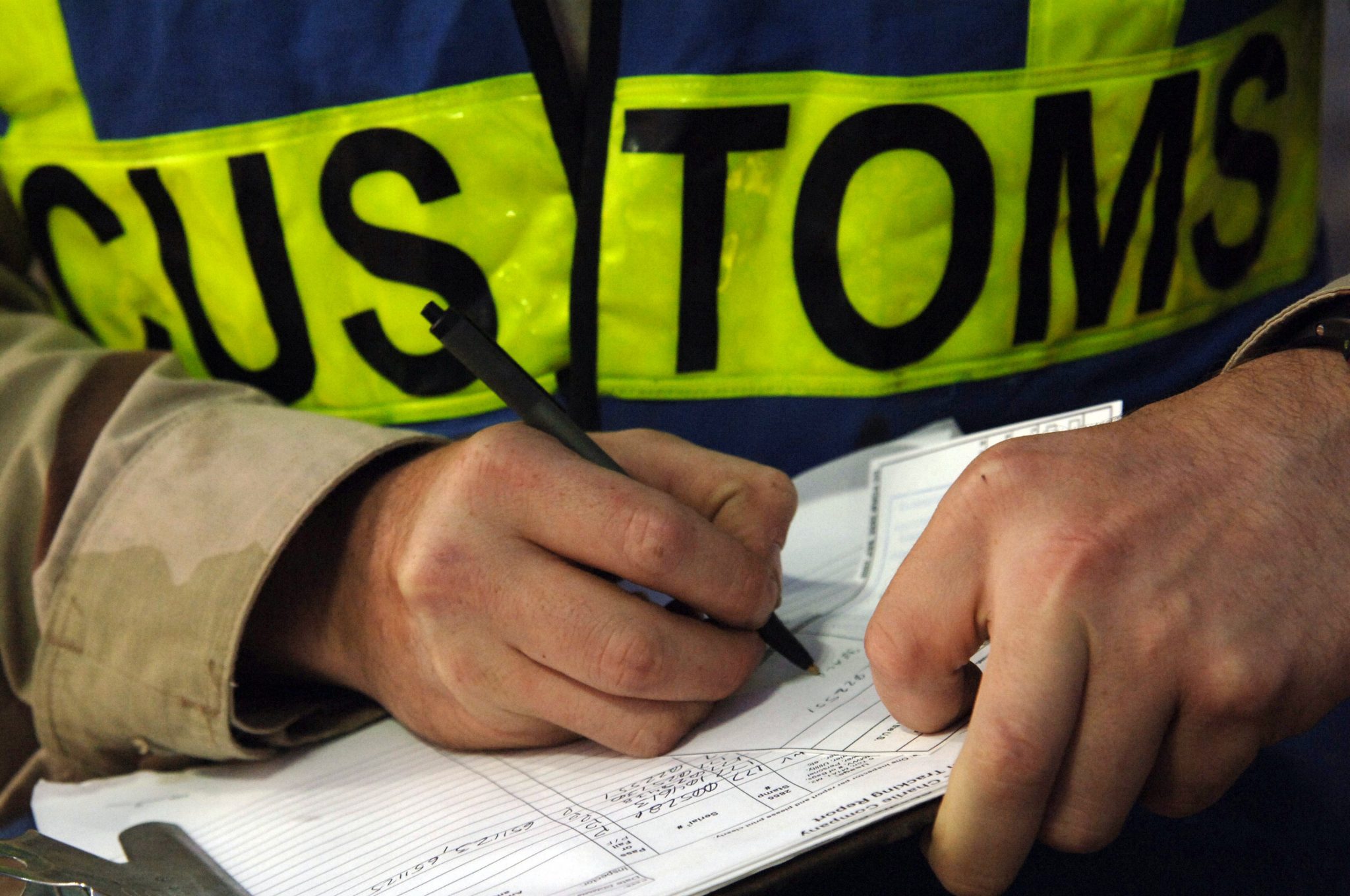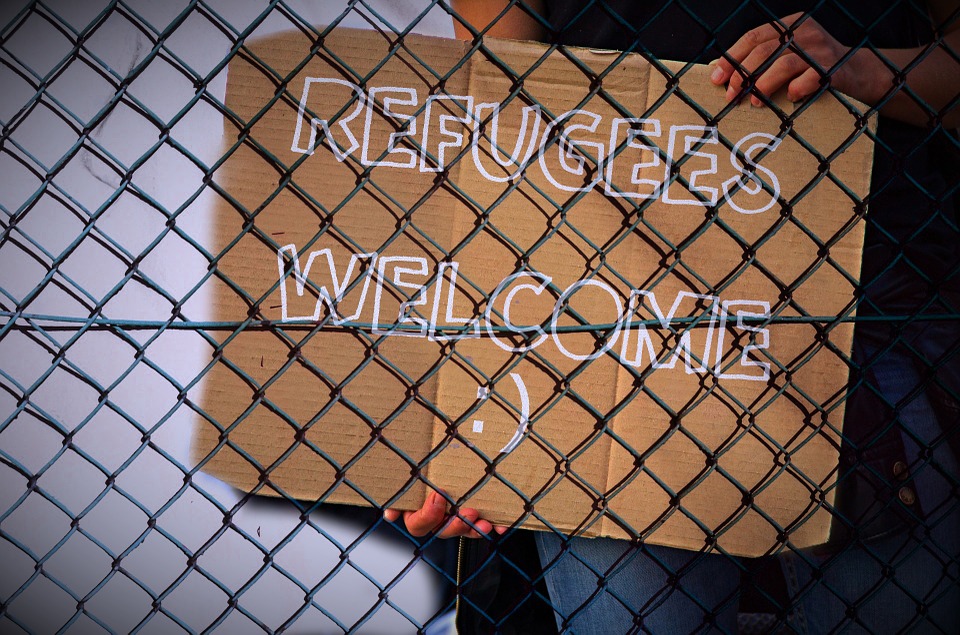At 150, Canada is Still Finding Ways to Strengthen its Immigration System
A Look at Canada’s Need To Continue Improving its Immigration System So it Can Keep Up With Immigration Demands
Canada has welcomed immigration throughout its history. Immigrants have encouraged population growth, fulfilled labour market demands, and improved both the economy and society. As new immigration demands arise, the Canadian immigration system has evolved to welcome more immigrants while meeting Canada’s economic needs. However, Canada still has room for improvement in its immigration system... especially when it comes to helping new immigrants settle and integrate into Canadian society. For more information on the immigration process, a Canadian immigration lawyer can provide assistance to those who are planning to settle in Canada.
The Canadian Immigration Summit
This May, the Conference Board of Canada will be hosting the Canadian Immigration Summit in Ottawa. The purpose of this summit is to find innovative ways to strengthen the Canadian immigration system over the next 150 years. Canada has been an international leader in immigration throughout its 150-year history and can continue to make progress by addressing current and future issues for its immigration system.
Some Current Issues With the Canadian Immigration System
Canada still needs to improve its ability to settle newcomers, especially concerning the current settlement of Syrian refugees. Many Syrian refugees are having trouble integrating into Canadian society, learning the official languages, and finding employment and affordable housing. Those facing such barriers during settlement need more social supports and resources, particularly financial and language barriers.
There are also international students and temporary foreign workers struggling with integration into Canadian society. They often lack the social and economic support needed for a successful transition. This lack of integration can hinder their ability to qualify for permanent residence in Canada. Also, many skilled immigrants have trouble finding jobs related to their skills, education, and experience.
Immigration is also the main driving force for population growth in Canada. According to the Conference Board of Canada, more immigrants could be admitted annually. This would encourage economic growth and prosperity. In fact, the Board suggests that Canada could admit up to 1 per cent of its population in immigrants. This increase would warrant a new approach to resource allocation and distribution in plans and programs throughout the country, though. Another key challenge in this regard is encouraging and increasing immigration throughout the country, and not just major urban centres.
Canada’s aging population and low birth rate are making the government seek more skilled immigrants to keep Canada’s workforce, economy, and society strong. Addressing these current and future immigration concerns strengthens Canada’s immigration system. Canada, as a whole, benefits from this, and the transition to Canadian society can be improved for many.
The Challenges of Syrian Refugee Sponsorship
A Look at Refugee Sponsorship Barriers and Other Challenges Syrian Refugees Face
Canada has been a leader in Syrian refugee sponsorship. Both federal and private sponsorship programs worked to settle thousands of refugees since 2015. Since the U.S. doesn’t have a private sponsorship program, many Americans are asking Canadians to help them sponsor Syrian refugees. Despite the efforts to help refugees settle in Canada, there are still many challenges facing refugees. Limits on sponsorship and barriers to employment and integration into Canadian society are just two examples of such challenges. For assistance with refugee applications and information on the immigration process, contact a refugee law office.
Private sponsors are responsible for filing applications, raising money, finding housing, seeking volunteers, and forming support networks. They work to make the transition to Canadian life easier for refugees. However, Canada’s limits on private sponsorships and a backlog in the system have made it difficult for private sponsors (including those who are working with Americans) to settle the refugee families they have been working with. This is causing uncertainty for both sponsors and refugees waiting to come to Canada for a chance at a better and safer life.
It's important to note that many refugees are successful in their application and transition. There are, however, still many who have arrived in Canada yet are still facing challenges as they integrate into Canadian society.
Privately-sponsored refugees are having a better time with the transition, including finding employment, and this success may be due to the social support network that private sponsors provide—social networking, improving language skills, housing assistance, job opportunities, access to services and information, and an overall greater sense of community.
Some refugees are having trouble with the transition from the federal sponsorship program to provincial welfare programs. The language barrier poses a challenge for adult Syrians who are having trouble learning English or French. These language barriers make it difficult to secure sufficient employment or any employment. For those who have found jobs, these jobs are often low-paying in the service or construction industries. The lack of affordable housing is another concern, with many refugees relying on low incomes to support entire families.
Canada’s social benefits (including the Canada Child Benefit) may be among the few things helping many struggling refugees get by. Hopefully, once the sponsorship backlog is handled, the limit on private sponsorships will be lifted. This will let more refugees to settle in Canada with a strong social support network to help with the difficult transition. For those who wish to apply for refugee status or sponsorship in Canada, contact a Canadian refugee law office.
Bill C-23 Would Broaden Powers of U.S. Customs and Border Protection Agents on Canadian Soil
Proposed Bill Leaves Possibility of Rights Issues, Discrimination, and Oversight Unclear
Bill-23 is currently being debated in Parliament, having been introduced in the House of Commons last June. If passed without amendments, U.S. Customs and Border Protection (USCBP) agents working on Canadian soil in preclearance areas would be given increased powers; these preclearance areas are currently located in some Canadian airports, but an agreement in place between the Canadian and US governments would add preclearance areas in more airports, as well as in some train stations.
With this new legislation, USCBP agents would have the power to detain travelers who are on their way to the US, with the right to use as much force as necessary in carrying out their duties. Travellers could be refused entry for non-compliance with USCBP agents, and therefore those being interrogated could be forced to answer various questions, including inappropriate ones. Travellers who decide to withdraw their application for entry into the US will be required to answer questions about the reasons for the withdrawal. If they don’t comply, they could face charges and/or inadmissibility to the US. Furthermore, USCBP agents would be given the power to conduct strip searches if Canadian agents are unavailable.
Immigration lawyers are concerned that these new powers given to USCBP agents are too broad. Particularly, they fear it will pressure Canadians into making admissions at the US border that will render them inadmissible to the US, which could be extremely difficult to rectify in the future. Furthermore, in the event of breach of privacy, detainment or use of force, Canadians will have limited legal recourse as USCBP agents are not liable in civil proceedings for matters arising out of the performance of their duties. Rather, the only recourse would be an action against the US government; however, it is only liable in the event of death, bodily harm or property damage.
The Liberal government, on the other hand, argues that by clearing Canadians for travel and going through US customs inside Canada, rather than inside the US, will actually better protect their rights. Their reasoning is that USCBP agents will be subject to and will have to respect Canadian law, which includes the Canadian Bill of Rights and the Charter of Rights and Freedoms. This would not happen on US soil; rather, the process would be completely controlled by the US government and Canadian law would not apply.
However, immigration lawyers are concerned that by having this process on Canadian soil, it will increase secondary reviews and discriminatory targeting of travellers. Furthermore, there would be a problem in enforcing Canadian law; there is no way to ensure that USCBP agents will apply Canadian law and respect Charter rights in carrying out their duties. Particularly, Charter issues are likely to arise in the context of USCBP agents conducting strip searches.
Although the federal government maintains that B-23 is constitutional, lawyers believe that parts of the new legislation will be struck down by the courts if it is not amended before being passed by Parliament.
Anticipated Changes to Citizenship Revocation Process
Senate Aims to Restore Due Process by Bringing Back Court Hearings in Revocation Cases
Earlier this month the Senate passed an amendment to the Liberal government’s citizenship bill which would allow Canadians to appear before a court prior to being stripped of their citizenship. Under the current regime, individuals can only ask the Federal Court to review the revocation decision after they have already lost their citizenship.
The Senate’s amendment to Bill C-6 will effectively restore the right to a hearing which existed prior to the changes brought in by the former Conservative government in 2015. Prior to these changes, immigration officials had to first prove before the court that someone became a Canadian citizen through fraud before that person’s citizenship could be officially revoked.
The court had to make a finding of fact as to whether there had indeed been any fraud, and the Governor in Council would then look to this finding in deciding whether to revoke the person’s citizenship. The 2015 changes, however, eliminated this multi-step process and gave immigration officers the sole power to both investigate fraud and render a final decision.
The current revocation process has been under heavy scrutiny and criticism since coming into effect and a constitutional challenge to the law is currently before the Federal Court. The government, however, has not taken any steps to address the matter. Although its Bill C-6 aims to repeal unfair elements in immigration and refugee rules brought in by the Conservatives in 2015, restoring the right to a hearing in revocation cases is not part of its agenda. In fact, the government maintains that the current system for revoking citizenship is constitutionally sounds.
For these reasons, the Senate has passed an amendment to Bill C-6 to finally address this important issue and give Canadians the right to have their case heard by the court. The Senate’s initiative has received positive response from both immigration lawyers and civil liberty groups, who describe the amendment as a way to finally fix the unfair and unconstitutional process of citizenship revocation as it stands now.
The amended bill has now been sent back to the House of Commons for a final vote, and it remains to be seen whether the Senate’s amendment will become law. In any event, immigration lawyers see the proposed change as a positive and long-overdue step in the right direction.
Canada's Immigration and Refugee Screening Process
Tougher Immigration Screening Process? Refugee and Immigration Lawyers and Experts Say Screening Practices Are Already Extreme
Refugees and immigration are hot topics at the moment in both Canada and the U.S. Many people on both sides of the border are criticizing Canada for being too lax with immigration. Canada is much more welcoming of immigrants and refugees compared to the U.S. The country also doesn't have a discriminatory immigration policy. Despite what critics say, though, Canada’s immigration and refugee screening process is quite similar to the U.S.
In fact, refugee and immigration lawyers and experts say the Canadian screening process is already extreme. The only major difference from the new U.S. screening process is that it doesn’t discriminate against religion.
Religion is a major factor influencing discrimination against immigration and refugees. Trump wants to ban people from Muslim-majority countries, and many Canadians believe that our immigration screening process should screen for Canadian values. Results from a recent nationwide poll suggests that about half of Canadians want more stringent immigration and refugee screening. Although many Canadians are open to immigration in Canada, they are not as open to welcoming those who share different values. The suggested Canadian values test for immigration screening would discriminate against the majority of refugees and immigration applicants because Canadian culture and customs are different from those other countries.
Canada’s screening process is already similar to that of the United States. Canada and the U.S. share information between law enforcement and intelligence departments. Although Canada may be more open and welcoming to immigration, the screening process is very stringent.
The U.S. has a tough immigration and refugee screening process, and it might become even more extreme with U.S. President Donald Trump’s crackdown on immigration. Currently, seven U.S. departments—for counterterrorism, immigration, intelligence, military, and security—are involved with the screening process. This process includes:
- At least three interviews;
- Biometrics matching—screening fingerprints;
- Biographical information checks—name, date of birth, passport number; and,
- Security checks across different intelligence and law enforcement databases and security watch lists. These security checks include screening for relationships and associations with people who might be considered suspicious.
Although terrorist attacks in Canada, the U.S., and Europe are not committed by refugees, refugees are being discriminated against and denied a chance at a safer life because of their religion or home country. Radicalized criminals conducted recent terror attacks in Europe; these criminals should not be representative of an entire cultural group.
Like the U.S., Canada also conducts extensive biometric screenings, interviews, and background checks using a global database when screening visitors, immigrants, and refugees. Canada and the U.S. share their immigration databases with each other, along with biographic and biometric information. There is also a similar screening process for refugees conducted by the United Nations Refugee Agency before they are screened by Canada and the U.S.
Despite Canada’s reputation for being lax with immigration, and the belief that we should screen for Canadian values among immigrants and refugees, our screening process is already extreme. Canada is a welcoming country and should not follow Trump by adding discriminatory restrictions such as religious beliefs and values to the immigration screening process.





